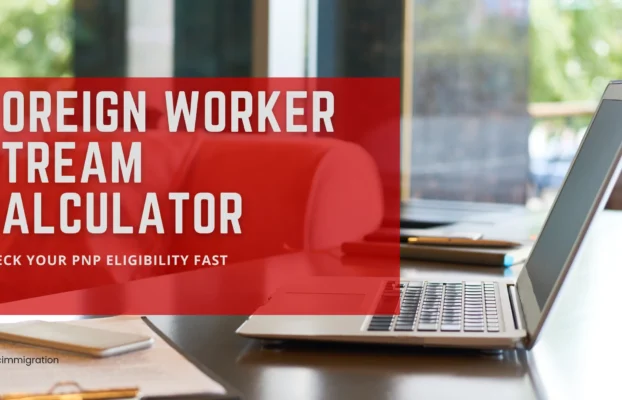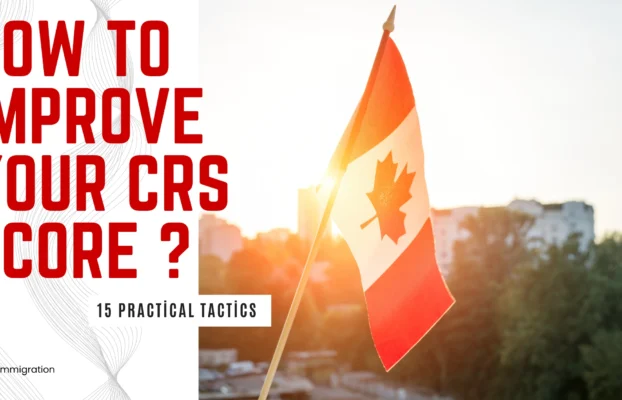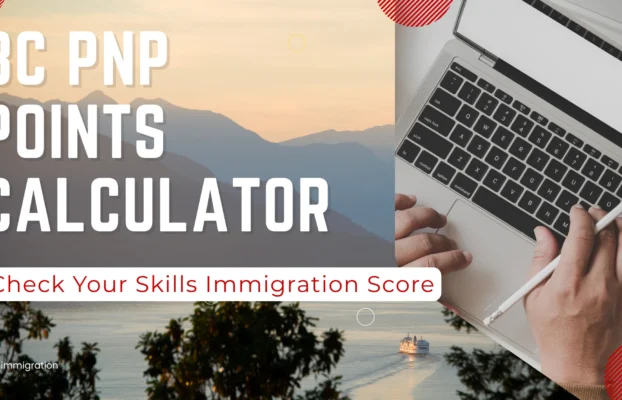Work Permit
Canada Work Visa/Work Permit
Canada requires its temporary residents to have work authorizations to legally work in the country. Depending upon how you meet the eligibility requirements, these are the programs under which you can apply for a work permit.
Open Work Permit
An Open Work Permit has the advantage of not being occupation or employer specific, meaning, a foreign national with this type of work permit can work for any Canadian employer without having to get an employment contract beforehand. These are the two among various programs that can get you an Open Work Permit –
- Post Graduate Work Permit (PGWP) – When international students complete their studies, they become eligible for a PGWP, the validity of the work permit depends on the type and duration of the study program. For having completed a 1-year program, you become eligible for a PGWP for 1 year. And for programs that are 2-years or longer, you become eligible for a 3-year work permit. If your study program was for a master’s degree, then you become eligible for a 3-year work permit, as long as its duration is more than 8 months (2 semesters).
It should be noted that the PGWP program is the only program that allows a person to get an Open Work Permit individually. The candidates must meet certain conditions as students to be eligible.
Spousal Open Work Permit
You may be eligible for an Open Work Permit, based on your spouse provided they meet the right conditions. To be eligible for a Spousal Work Permit, your spouse must meet one of the criteria below-
- Be a Temporary Resident with an open work permit and have a job. You will need to provide proof of employment and salary slips.
- Be an International Student enrolled in a master’s program or the following professional programs –
Doctor of Dental Surgery (DDS, DMD)
Bachelor of Law or Juris Doctor (LLB, JD, BCL)
Doctor of Medicine (MD)
Doctor of Optometry (OD)
Pharmacy (PharmD, BS, BSc, BPharm)
Doctor of Veterinary Medicine (DVM)
Bachelor of Science in Nursing (BScN, BSN, BNSc)
Bachelor of Education (B. Ed.)
Bachelor of Engineering (B. Eng., BE, BASc)
Note* for the above, you will need to provide a proof of full-time enrollment.
- If your spouse is a Permanent resident or Citizen of Canada, and you yourself are in Canada with your Spousal Sponsorship application in process, you can get a SOWP. This requires you to provide your Acknowledgement of Receipt of the PR application (AOR) and Sponsor Eligibility met.
Closed Work Permits
Unlike an Open Work Permit, a Closed Work Permit imposes restrictions on the holder, where the Work Permit becomes conditional upon a specific employer and job position. This means that the individual is only permitted to work for the employer and in the position specified on the permit. These are the programs that can get you a Closed Work Permit –
- Labour Market Impact Assessment (LMIA) based work permit – This program requires your employer to meet the Employment and Social Development Canada’s (ESDC) financial requirements and submit to them an LMIA application. Once the application is approved, you can apply for a Work Permit to IRCC based on the LMIA within its validity.
- Intra-Company Transfer – This program allows an employee of a Parent company that is based outside Canada to be temporarily transferred to a branch inside Canada. To be eligible for an Intra Company Transfer the companies and the concerned employees need to meet certain requirements like no of years the employee has worked in a company and the employee’s experience, and expertise, etc.
These are the streams and programs that are generally used to apply for and get a work permit. Beside these, there is the Holiday Working Visa for citizens of specific countries, francophone mobility program (C16) for French speakers. LMIA exemption code C50 for Religious and charitable organisations, A72 for vulnerable workers, H81 for Destitute Students and more. To find out what program would best fit your need, our Team at NNC Immigration is ready waiting.


Don't wait!
Book your Appointment today with Team NNC Immigration and make your PR journey easier



